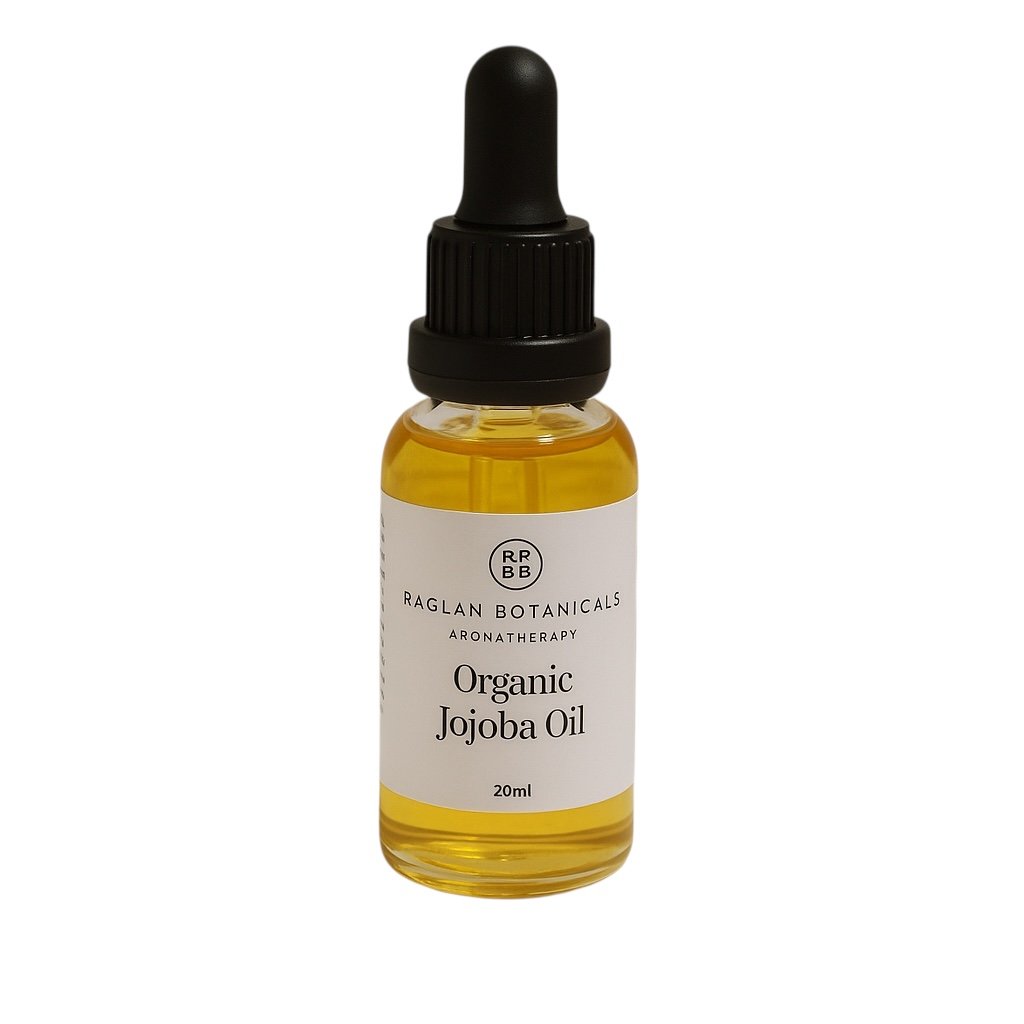 Image 1 of 2
Image 1 of 2

 Image 2 of 2
Image 2 of 2



Organic Coconut Oil
Coconut oil is a versatile natural product that offers a wide range of health and beauty benefits. Here are some of the key benefits associated with coconut oil:
Skin Moisturization: Coconut oil is an excellent natural moisturizer. Its high content of saturated fats makes it effective in hydrating and nourishing the skin. It is especially beneficial for dry skin and can help soothe conditions like eczema and dermatitis.
Hair Care: Coconut oil is widely used for hair care. It can penetrate the hair shaft, providing deep conditioning and improving hair strength and elasticity. Coconut oil is often used as a pre-shampoo treatment to protect hair from damage and reduce protein loss during washing.
Promotes Hair Growth: Massaging coconut oil into the scalp can help stimulate hair follicles and promote hair growth. Its moisturizing properties also help prevent breakage and split ends, leading to longer and healthier hair.
Antimicrobial Properties: Coconut oil contains lauric acid, which has antimicrobial properties. It can help protect the skin against bacteria, viruses, and fungi, making it effective in treating various skin infections, including acne, athlete's foot, and yeast infections.
Anti-inflammatory Effects: Coconut oil has anti-inflammatory properties that can help reduce inflammation and redness associated with skin conditions like acne, sunburn, and eczema.
Improves Wound Healing: The antimicrobial and anti-inflammatory properties of coconut oil can promote faster wound healing. Applying coconut oil to minor cuts, scrapes, and burns can help soothe the skin and prevent infections.
Oral Health: Oil pulling, a traditional Ayurvedic practice, involves swishing coconut oil in the mouth to improve oral health. Coconut oil has antibacterial properties that can help reduce plaque formation, prevent tooth decay, and improve gum health.
Boosts Heart Health: While coconut oil is high in saturated fats, it primarily contains medium-chain fatty acids (MCFAs), which are believed to have neutral or positive effects on heart health. Some studies suggest that consuming coconut oil in moderation may increase levels of beneficial HDL cholesterol and improve the lipid profile.
Weight Management: The MCFAs found in coconut oil are metabolized differently than long-chain fatty acids, potentially increasing energy expenditure and promoting weight loss. However, more research is needed to fully understand the role of coconut oil in weight management.
Brain Health: There is some evidence to suggest that the MCFAs in coconut oil may have neuroprotective effects and could potentially benefit individuals with neurodegenerative diseases like Alzheimer's disease. However, more research is needed in this area.
Coconut oil is a versatile natural product that offers a wide range of health and beauty benefits. Here are some of the key benefits associated with coconut oil:
Skin Moisturization: Coconut oil is an excellent natural moisturizer. Its high content of saturated fats makes it effective in hydrating and nourishing the skin. It is especially beneficial for dry skin and can help soothe conditions like eczema and dermatitis.
Hair Care: Coconut oil is widely used for hair care. It can penetrate the hair shaft, providing deep conditioning and improving hair strength and elasticity. Coconut oil is often used as a pre-shampoo treatment to protect hair from damage and reduce protein loss during washing.
Promotes Hair Growth: Massaging coconut oil into the scalp can help stimulate hair follicles and promote hair growth. Its moisturizing properties also help prevent breakage and split ends, leading to longer and healthier hair.
Antimicrobial Properties: Coconut oil contains lauric acid, which has antimicrobial properties. It can help protect the skin against bacteria, viruses, and fungi, making it effective in treating various skin infections, including acne, athlete's foot, and yeast infections.
Anti-inflammatory Effects: Coconut oil has anti-inflammatory properties that can help reduce inflammation and redness associated with skin conditions like acne, sunburn, and eczema.
Improves Wound Healing: The antimicrobial and anti-inflammatory properties of coconut oil can promote faster wound healing. Applying coconut oil to minor cuts, scrapes, and burns can help soothe the skin and prevent infections.
Oral Health: Oil pulling, a traditional Ayurvedic practice, involves swishing coconut oil in the mouth to improve oral health. Coconut oil has antibacterial properties that can help reduce plaque formation, prevent tooth decay, and improve gum health.
Boosts Heart Health: While coconut oil is high in saturated fats, it primarily contains medium-chain fatty acids (MCFAs), which are believed to have neutral or positive effects on heart health. Some studies suggest that consuming coconut oil in moderation may increase levels of beneficial HDL cholesterol and improve the lipid profile.
Weight Management: The MCFAs found in coconut oil are metabolized differently than long-chain fatty acids, potentially increasing energy expenditure and promoting weight loss. However, more research is needed to fully understand the role of coconut oil in weight management.
Brain Health: There is some evidence to suggest that the MCFAs in coconut oil may have neuroprotective effects and could potentially benefit individuals with neurodegenerative diseases like Alzheimer's disease. However, more research is needed in this area.



